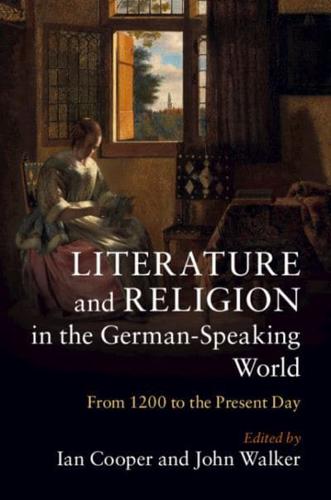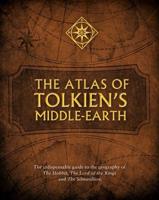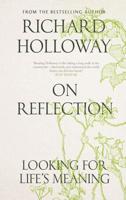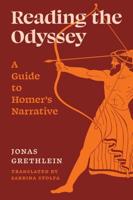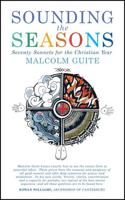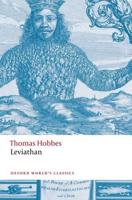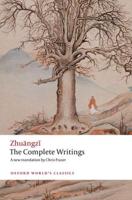Publisher's Synopsis
The relationship between literature and religion in German is unique in the European tradition. It is essential to the definition of German, Austrian and Swiss cultural identity in both the Protestant and Catholic traditions, and is crucial to our understanding of what has been called the 'special path' of German intellectual life. Offering in-depth essays by leading scholars, Literature and Religion in the German-Speaking World analyses this relationship from the beginnings of vernacular literature in German, via the Reformation, early-modern and Enlightenment periods, to the present day. It shows how such fundamental concepts as 'subjectivity', 'identity' and 'modernity' itself arise from the interrelation between religious and secular modes of understanding, and how this interrelation is inseparable from its expression in literature.
